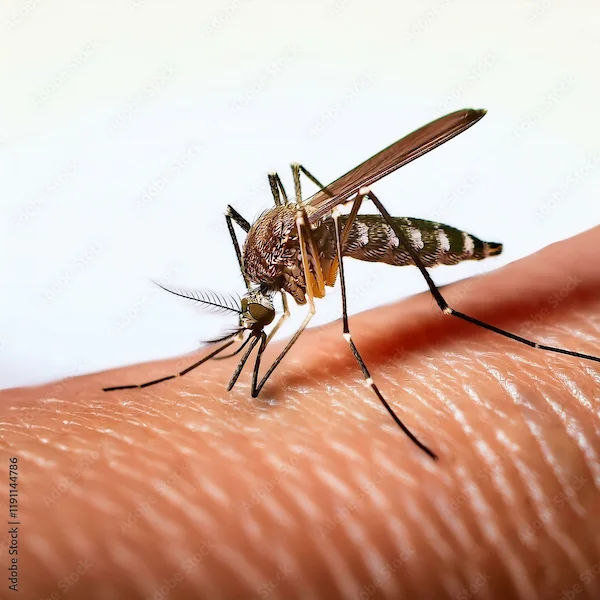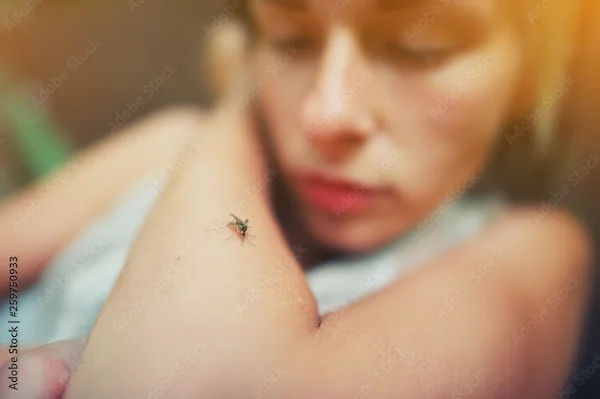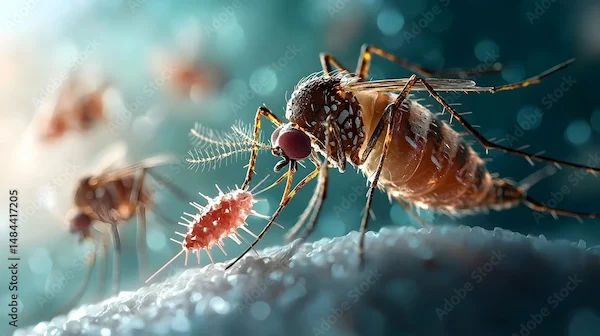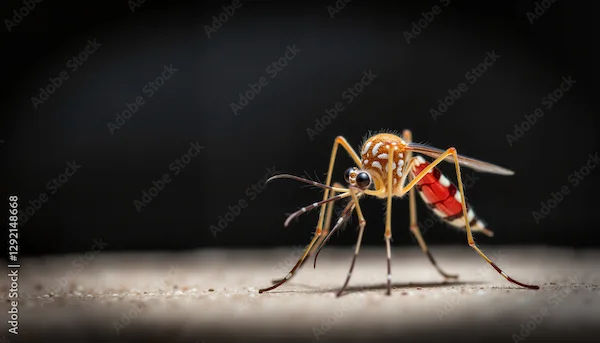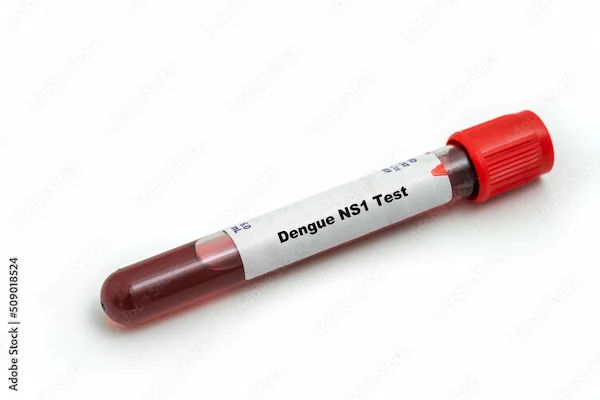Protect Yourself From Dengue Fever
Learn effective ways to protect yourself from dengue fever, including prevention tips, mosquito control methods, and lifestyle habits to reduce your risk of infection and stay safe.

Written by Dr. Mohammed Kamran
Reviewed by Dr. Shaik Abdul Kalam MD (Physician)
Last updated on 23rd Jul, 2025
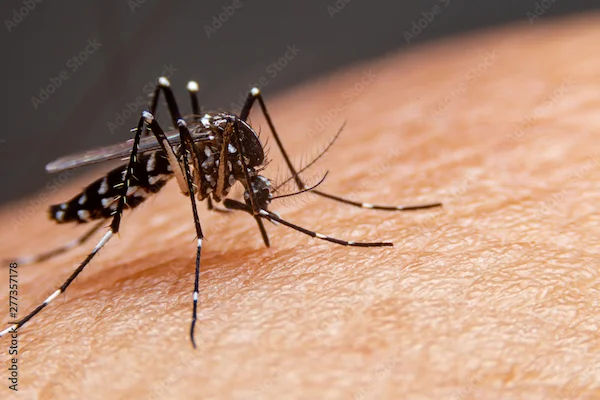
Introduction
Dengue fever is a mosquito-borne illness that affects millions of people worldwide, especially in tropical and subtropical regions. While most cases are mild, severe dengue can be life-threatening if not treated promptly. The good news is that with awareness and preventive measures, you can significantly reduce your risk of infection.
This article will help you understand dengue fever, recognise its symptoms, and learn how to protect yourself and your loved ones.
What Is Dengue Fever?
Dengue fever is caused by the dengue virus, which spreads through the bite of an infected Aedes aegypti mosquito. These mosquitoes are most active during the day, especially in the early morning and late afternoon.
There are four types of dengue virus (DENV-1, DENV-2, DENV-3, DENV-4), and infection with one type does not provide immunity against the others. In fact, a second infection with a different type can sometimes lead to severe dengue, also known as dengue hemorrhagic fever (DHF) or dengue shock syndrome (DSS).
Symptoms of Dengue Fever
Dengue symptoms usually appear 4–10 days after being bitten by an infected mosquito. Common signs include:
High fever (104°F or higher)
Severe headache
Pain behind the eyes
Muscle and joint pain (often called "breakbone fever")
Nausea and vomiting
Skin rash (appearing 2–5 days after fever starts)
Mild bleeding (such as nosebleeds or gum bleeding)
In severe cases, symptoms may worsen and include:
Persistent vomiting
Severe abdominal pain
Rapid breathing
Bleeding gums or nose
Fatigue or restlessness
Blood in vomit or stool
If you or a loved one experience these severe symptoms, seek medical help immediately, as severe dengue can be fatal if untreated.
How Dengue Spreads?
Dengue does not spread directly from person to person. Instead, the virus spreads when:
1. A mosquito bites an infected person.
2. The same mosquito bites another person, transmitting the virus.
The Aedes mosquito breeds in stagnant water, so areas with uncovered water storage, flower pots, discarded tires, or clogged drains are high-risk zones.
How to Protect Yourself from Dengue?
Prevention is the best way to avoid dengue. Here’s what you can do:
1. Prevent Mosquito Bites
Use mosquito repellent (containing DEET, picaridin, or oil of lemon eucalyptus).
Wear long-sleeved shirts and pants, especially during peak mosquito hours.
Use mosquito nets while sleeping, especially for infants and the elderly.
Install window and door screens to keep mosquitoes out.
2. Eliminate Mosquito Breeding Sites
Cover water containers (tanks, buckets, drums) to prevent mosquitoes from laying eggs.
Clean and empty flower pots, coolers, and pet water bowls regularly.
Dispose of waste properly (old tires, bottles, coconut shells) where water can collect.
Use larvicides in stagnant water that cannot be removed.
Consult Top Specialists
3. Stay Vigilant During Dengue Season
Dengue outbreaks often occur during and after the monsoon season. Be extra cautious during these months by:
Keeping surroundings clean and dry.
Encouraging community efforts to reduce mosquito breeding.
What to Do If You Suspect Dengue?
If you experience dengue-like symptoms:
Stay hydrated: Drink plenty of fluids (water, ORS, coconut water).
Rest: Avoid strenuous activities.
Take paracetamol (acetaminophen) for fever and pain.
Avoid aspirin or ibuprofen, as they can increase bleeding risk.
Monitor symptoms: Seek emergency care if severe symptoms develop.
A blood test (NS1 antigen or IgM antibody test) can confirm dengue infection. Early diagnosis helps in better management.
When to See a Doctor?
Consult a doctor immediately if you notice:
Persistent high fever for more than 2 days
Severe vomiting or abdominal pain
Bleeding from gums/nose
Difficulty breathing or fatigue
At Apollo 24|7, you can book a consultation with a doctor or schedule a dengue test from the comfort of your home. Early detection and care can prevent complications.
Conclusion
Dengue fever is preventable with the right precautions. By protecting yourself from mosquito bites, eliminating breeding sites, and staying alert for symptoms, you can reduce the risk significantly. If you suspect dengue, seek medical advice promptly to ensure proper care. Book a dengue test or doctor consultation on Apollo 24|7 today!
Consult Top Specialists
Consult Top Specialists

Dr. Syed Ismail Ali
General Practitioner
7 Years • MBBS
Hyderabad
Apollo 24|7 Clinic, Hyderabad

Dr. D Bhanu Prakash
General Practitioner
10 Years • MBBS, AFIH, Advanced certificate in critical care medicine, Fellowship in critical care medicine
Hyderabad
Apollo 24|7 Clinic, Hyderabad

Dr. Mohammed Kamran
General Practitioner
5 Years • MBBS, FIDM
Nashik
Apollo 24|7 Clinic - Maharashtra, Nashik

Dr. Suraja Nutulapati
General Physician/ Internal Medicine Specialist
10 Years • MBBS, MD (Internal Medicine)
Hyderabad
Apollo 24|7 Clinic, Hyderabad
(850+ Patients)

Dr. Vasanthasree Nair
General Practitioner
15 Years • MBBS
Angamaly
Apollo 24|7 Clinic - Kerala, Angamaly
(425+ Patients)
